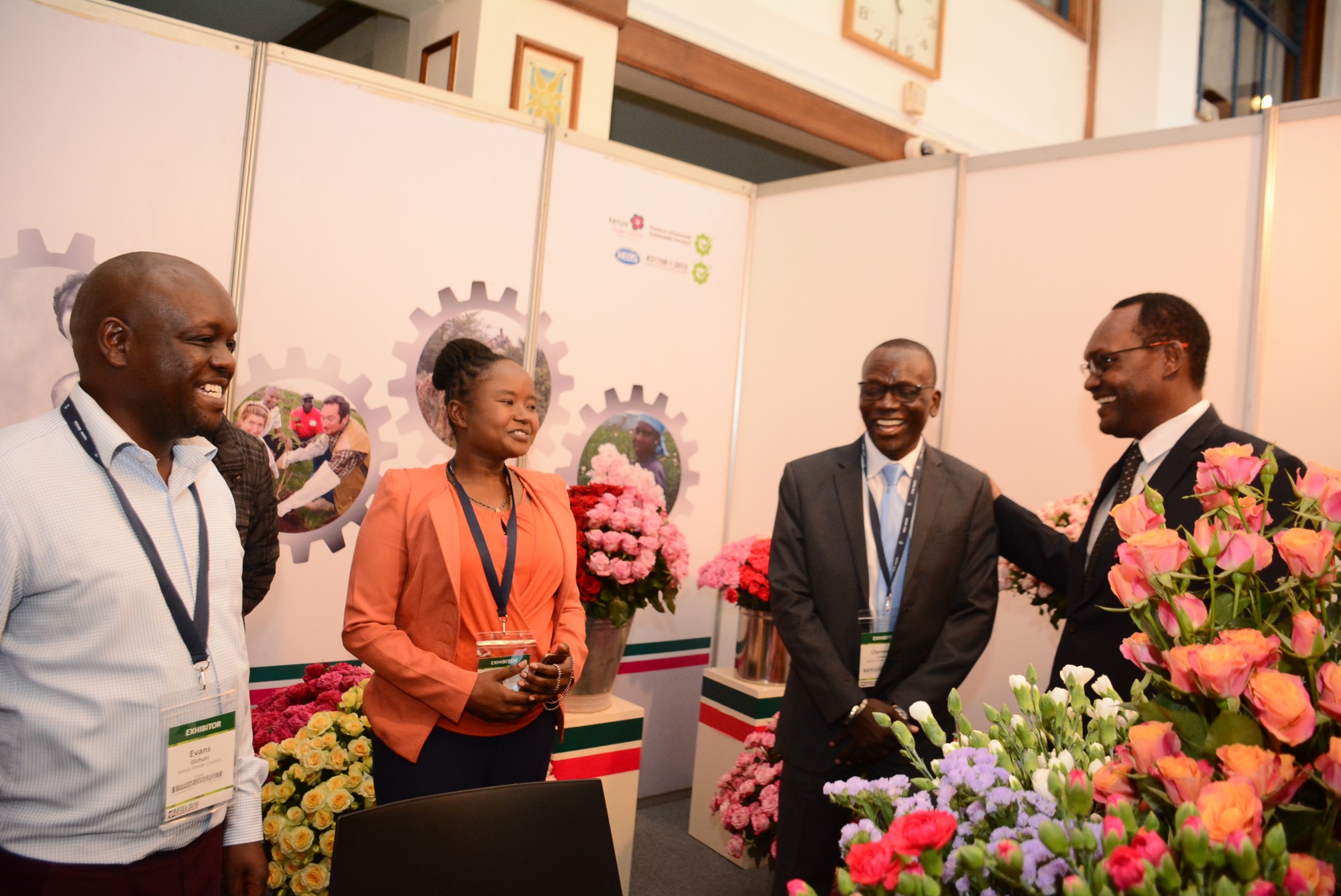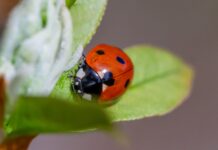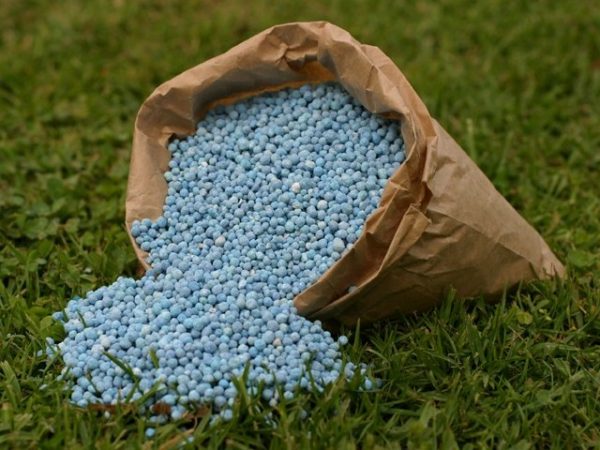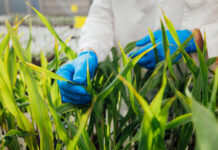The Kenya flower industry heads have lauded the government’s move to expedite clearance of fertilizer at the port of Mombasa by reducing the number of clearing agents to four, ensuring that the agricultural inputs get to market in time.
This, following complaints from the industry last year after the government introduced new regulations to have all imported fertilizer re-inspected at the port of entry as it sought to tame counterfeits proliferation.
The directive saw a lengthy clearance process that ran for up to two months before the consignment could be released created an unprecedented shortage. Fertilizer suppliers were incurring up to Sh2 million shillings daily in demurrage.
The latest directive is among measures the government has introduced to support the flower industry that has continued to defy harsh economic and weather trends to record sustained earnings and growth.
Dr. Chris Kiptoo, Principal Secretary, State Department of Trade while speaking at the seventh edition of the International Flower Trade Expo that opened in Nairobi June 5 (+Wednesday) apologized to the floriculture industry for the inconveniences the delays had caused to the industry and promised to streamline government’s investments and commitments to the sector.
“I take this opportunity to apologize to the sector for the great loss it suffered occasioned by the delays at the port of Mombasa. Following consultations between the government and the industry players we have reduced the inspection of the fertilizer process and left that to four agencies to fast-track clearance,” Dr. Kiptoo said.
Magana Flowers a grower and exporter has welcomed the government’s decision saying it will go a long way in boosting the grower’s earnings and allowing uninterrupted production.
“It is a landmark directive that has boosted our operations. For us, the cost of fertilizer went up by 39 percent. This cost, unfortunately, is absorbed by growers as it cannot be passed to our buyers due to the risk of pushing our produce to uncompetitive prices leading to loss of markets. We operate in a business that thrives on reliability and a little deviation due to challenges here at home can easily jeopardize client loyalty”, said Mr. Nicholas Ambanya the CEO of Magana Flowers.
Elgon Kenya, an agro-input company has also hailed the government’s latest move which it says has allowed the industry to recoup its earnings and ensure farmers are able to get the input in time.
“We thank the president for the directive he gave allowing faster clearance of the fertilizer. It has allowed us to calm market jitters and reach more farmers in time avoiding a looming food shortage,” Mr. Bimal Kantaria the CEO of Elgon Kenya said.
Last year the flower industry surpassed the target set by the government by 38 percent under the export strategy where each sector was given specified milestones to accomplish. It is now the second largest foreign exchange earner after tea.
“The flower earnings of the country continue to impress due to shows like IFTEX which brings buyers from over 60 destinations where our country exports flowers to, to meet with flowers under one roof. In this show numerous deals are made,” said Dr. Kiptoo.
Dick van Raamsdonk, the CEO of HPP International Exhibition Group added that IFTEX continued to position itself as a crucial link between buyers and sellers further asserting that having a sustained attendance for seven years is a testament to the place and space of Kenyan flowers in the global market. “This is an indicator that the interest of (inter)national companies to keep on investing in Kenya remains stable, promising IFTEX to be once again an attractive platform for growers, exporters, breeders, cargo agencies, airlines and various production related technical suppliers of Kenya’s floriculture industry,” he said.
The theme of this year’s show is Supporting Sustainable Floriculture in Kenya a focus Kenya Flower Council said was timely at a time when the quality of Kenyan flowers matters as the country looks to grow its export destinations from the current 60 destinations. It is now targeting virgin markets in Japan, China, India, Australia, Canada, the United States, and Eastern Europe.
Export earnings from cut flowers grew by 37.7 percent from Kshs. 82 billion in 2017 to Kshs 113.2 billion in 2018, according to figures from government’s Horticultural Crops Directorate.








